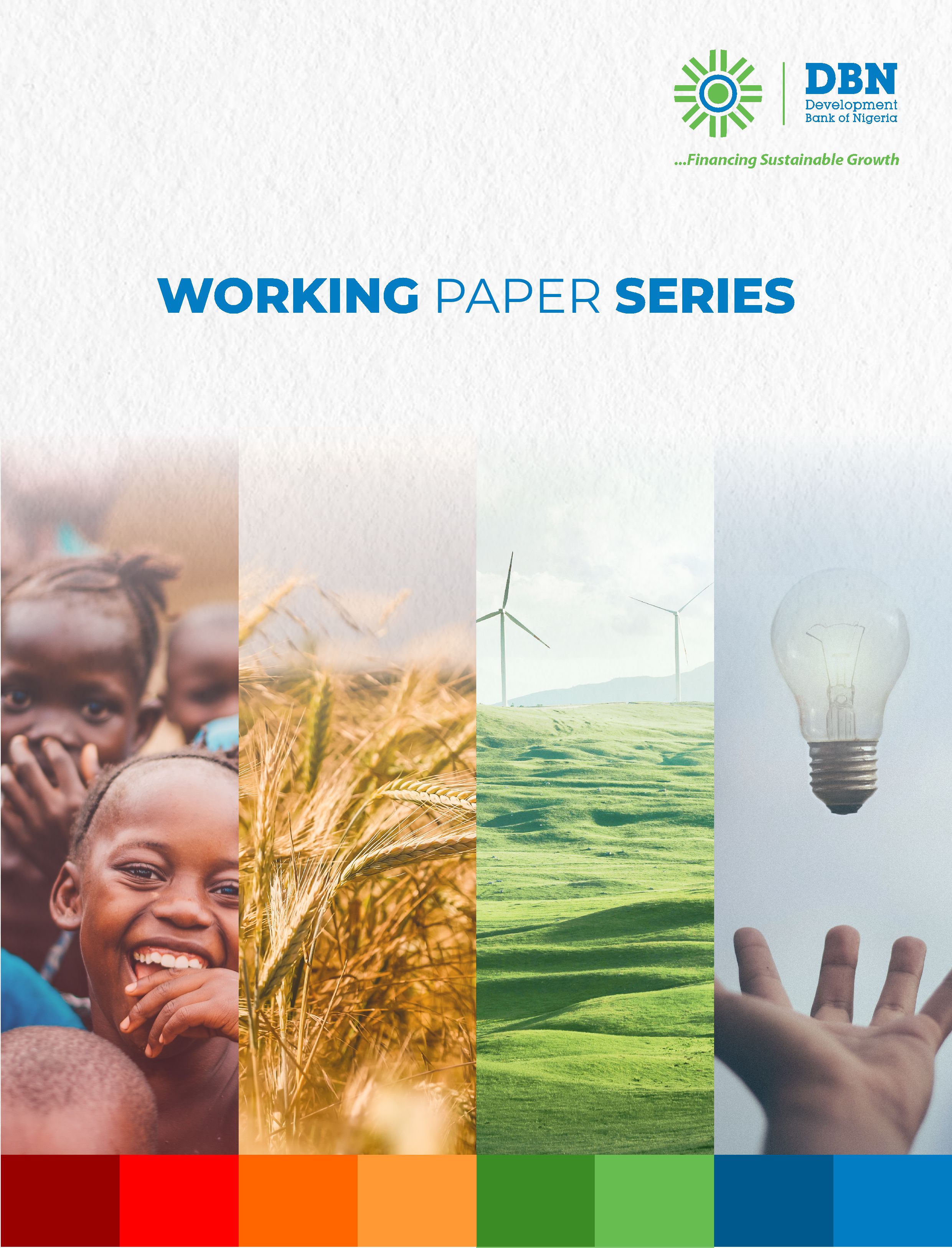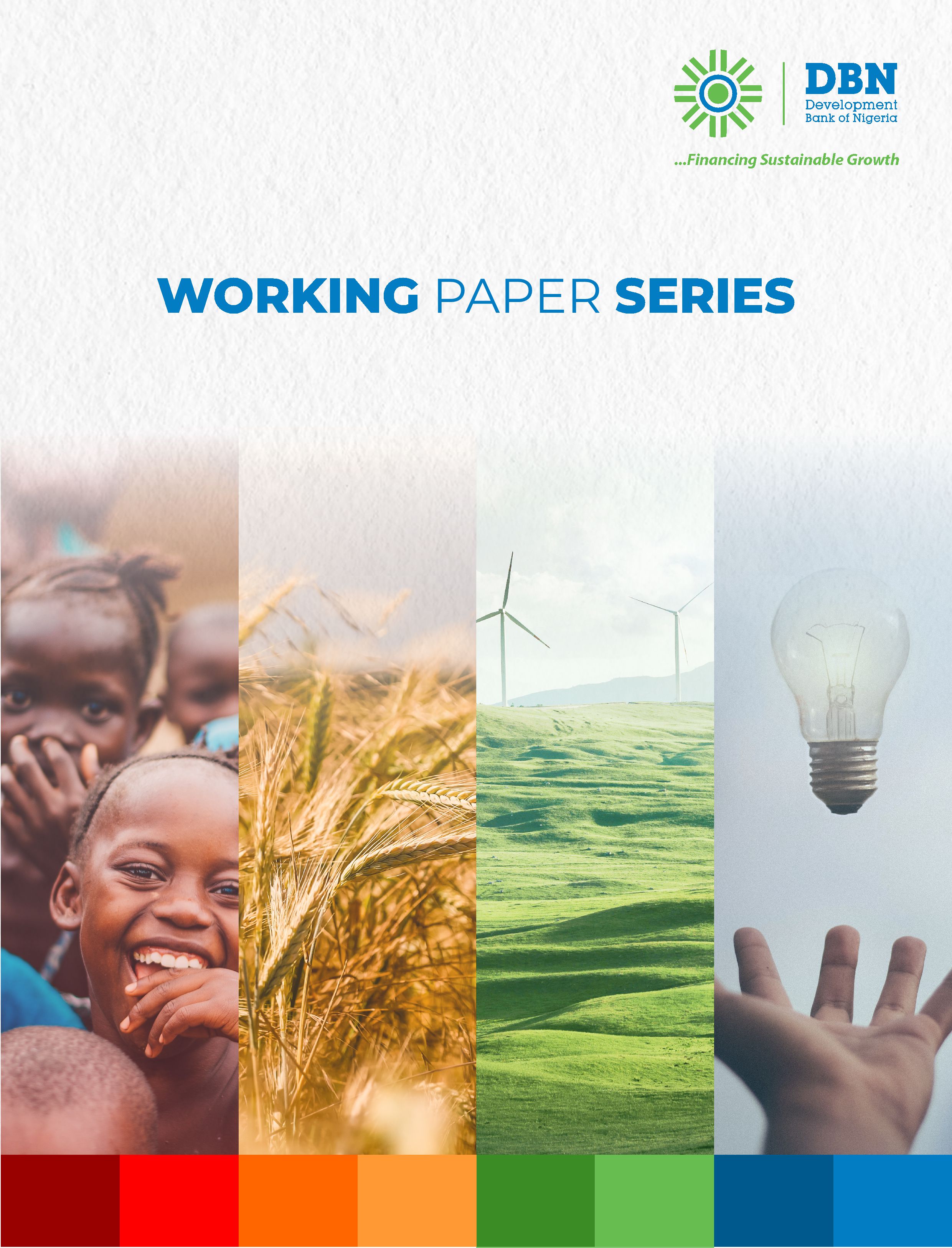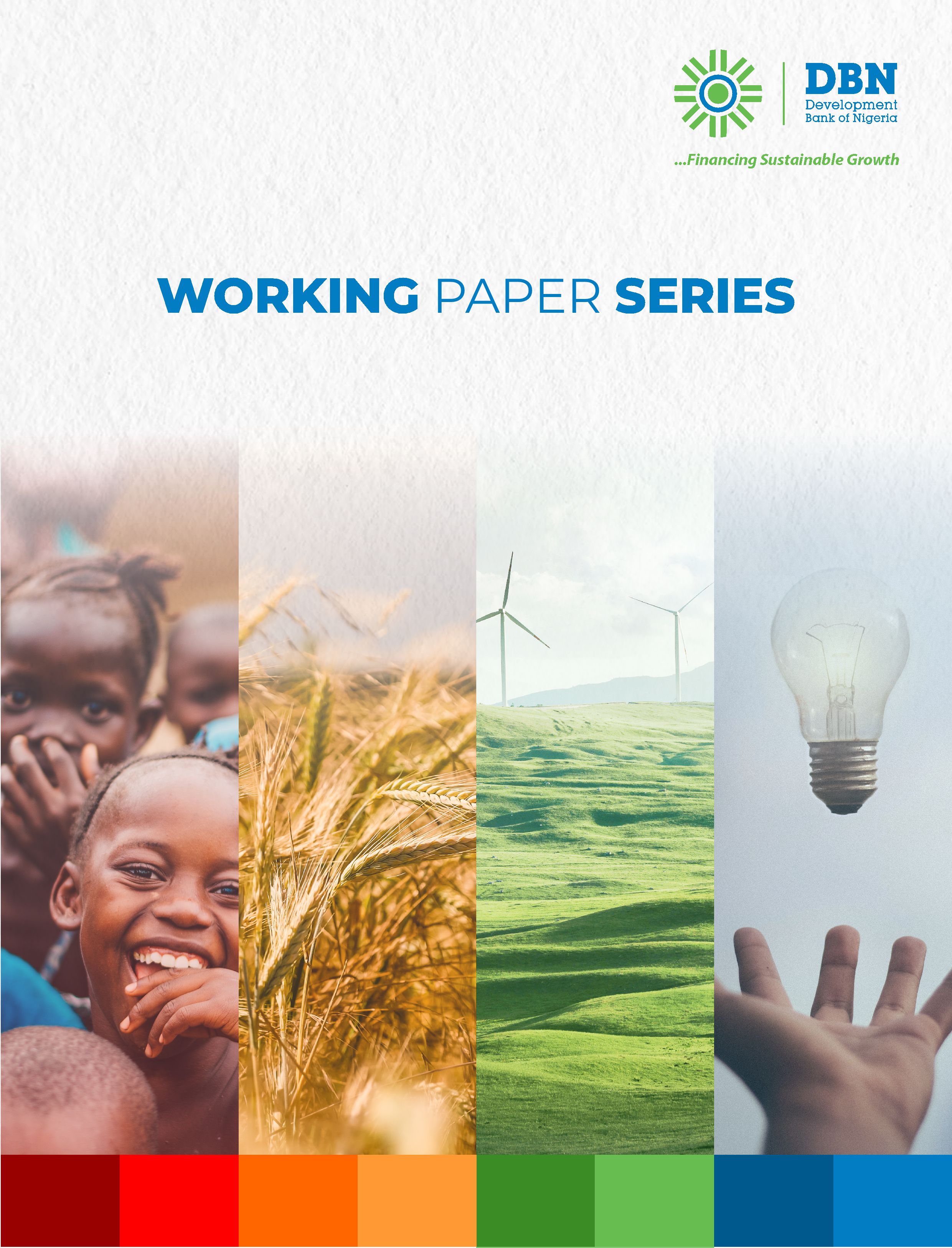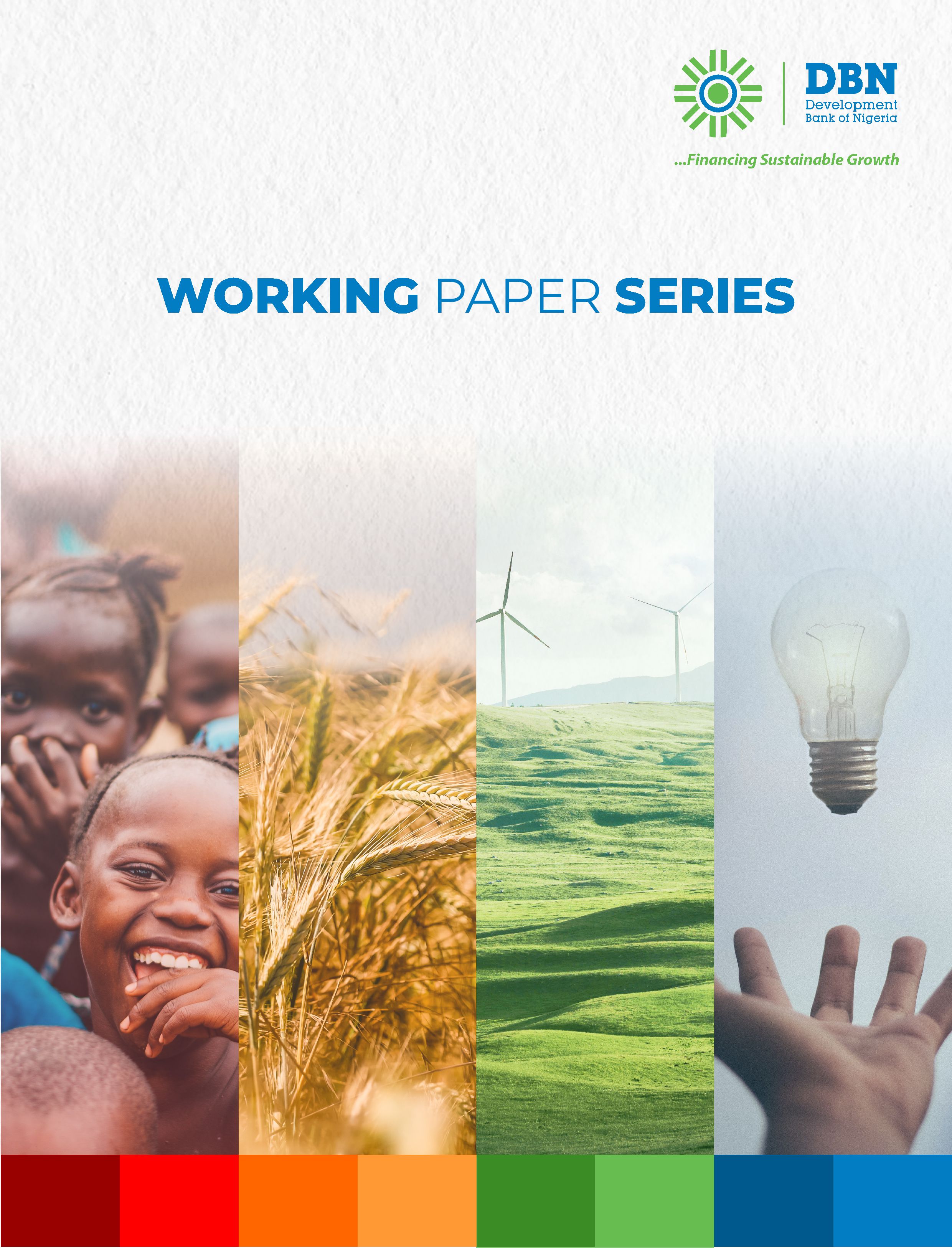
Publication Information
Published by: Admin
Published: 8 months ago
View: 179
Pages: 29
ISBN:
Abstract
In order to ensure that every individual has access to modern, affordable and dependable energy, countries prioritise reducing income inequality in line with the 2030 Agenda for Sustainable Development. There is currently a dearth of studies on how income disparity connects with access to electricity in sub-Saharan Africa (SSA). To contribute to knowledge and policy, this study examines developments in income inequality and electricity access in SSA between 1990 and 2022 using data from the World Bank's World Development Indicators (WDI). The result shows that even though more people had access to power between 2000 and 2022, urban areas benefitted more than rural ones. The richest 1% of earners have the greatest access, while the bottom 50% have the least. Improving the availability of electricity in SSA requires addressing income inequality as a pre-condition. To do this, redistributive economic measures notably social programs, targeted tax adjustments and minimum wage regulations are of essence. This review provides an unexplored perspective to complement other robust analyses on income inequality and access to electricity in SSA region.
Nicholas M. Odhiambo Mr
Simplice A. Asongu Prof
Pius Gamette
Related Publications

VOLUME 8 ISSUE 1 2025
The impact of public spending on water, sanitation and hygiene (WASH) adoption: Governance thresholds for complementary policies

VOLUME 8 ISSUE 1 2025
Not all that glitters is gold: financial access, microfinance and female unemployment in Sub-Saharan Africa

